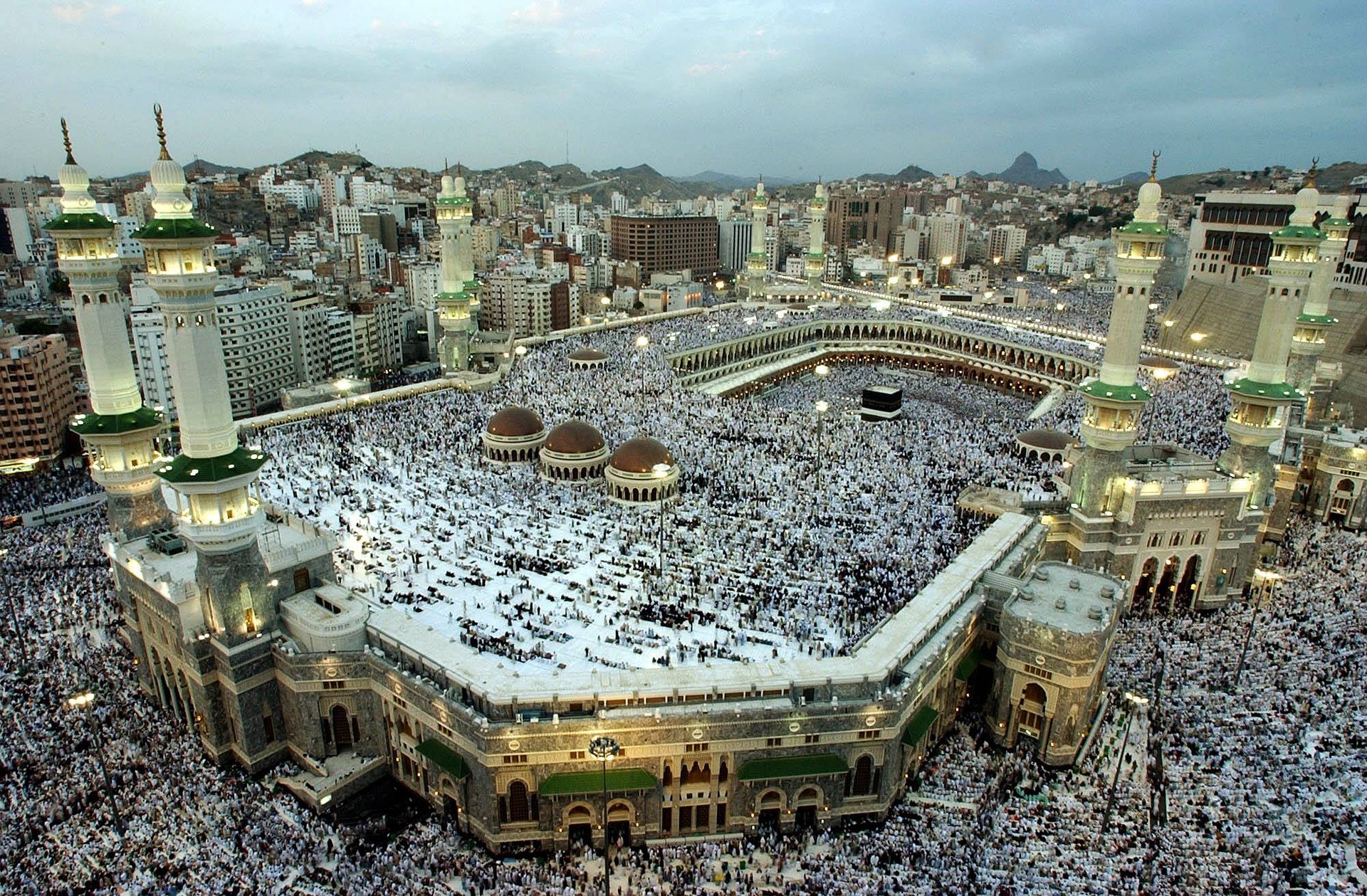These two Sūrahs share a common theme; Allah’s blessings and favors on the Quraysh. Due to this common theme, it is clear that these are Makkan Sūrahs revealed early in Islam to remind the pagans of Makkah about Allah’s favors upon them. Allah had blessed the people of Makkah with both worldly and spiritual favors, yet they rejected his messenger.
Allah revealed these two short powerful Sūrahs to remind the Quraysh of his blessing. Sūrah al-Fīl focuses on spiritual blessings, while Sūrah Quraysh focuses on worldly blessings. The themes of these Sūrahs slow together so well, that Ubay bin Kab considered them as one Sūrah. However, later scholars arrived at a consensus that they are two separate Sūrahs.
Sūrah al-Fīl is a Makkan Sūrah by consensus and has five verses. It was revealed very early in Islamic History with some historians placing it as the nineteenth Sūrah to be revealed. Sūrah Quraysh is Makkan according to the majority view, although a minority of scholars claimed it was Madinan. The content is clearly Makkan and it clearly addresses the Quraysh. Therefore, we will view it as Makkan Sūrah. Its verses are divided into four or five verses according to the different schools of recitation.
The Story of the Elephant
Sūrah al-Fīl is a very brief reminder about the incident of the elephant that took place in Makkah during the year in which the Prophet (peace be upon him) was born. The events that took place that year were still fresh in the minds of the Quraysh and therefore did not need to be explained in detail in the Quran. As a general rule, stories that were well known to the Quraysh are briefly mentioned in the Quran, while stories they were unfamiliar with are discussed in more detail.
That year, an army from Yemen marched upon Makkah intent on destroying the Kabah. This army included war elephants, and the Arabs were incapable of fighting such an army. Instead, they fled to the mountains and asked Allah for help. Allah assisted them in a miraculous manner by destroying the army with birds that pelted them with stones.
The Quraysh had witnessed this clear miracle just a few decades before the advent of Islam. Many of the people who witnessed this event were still alive. This was a clear evidence that Allah is the only true God, Makkah is sacred, and Allah had protected them and their homes and wealth from destruction. Despite witnessing such a clear miracle, the elders of Makkah disbelieved in Islam and rebelled against it. This brief Sūrah was revealed to remind them about this event, so that they may reflect and reconsider their stance towards Islam.
Wealth and Safety
The event of the elephant was not the only blessing Allah had given the Quraysh. He had blessed them with wealth, safety, and honor. Makkah was the hub of religious and economic activity in Arabia. This brought great prestige and wealth to the Quraysh. People from all over Arabic flocked to Makkah for the pilgrimage, and the bi-annual trade routes during summer and winter were always profitable.
Allah reminds the Quraysh of these favors in these short verses, then calls on them to worship Him alone. He reminds them that He granted them safety from hunger and fear. Hunger and fear are the two main causes of chaos and anarchy in society. When people are starving or afraid for their lives, they take to desperate means to protect themselves.
Allah had protected the Quraysh from all of this. All He asked for in return was that they worship him alone and obey His Messenger. Those who did so became the best generation of Muslims. Those who rejected became among the worst of ungrateful disbelievers.
Reflecting on Blessings
Although these verses primarily address the Quraysh, the message of the Quran is eternal. Hence, there are lessons in these verses for all of us. If we take the time to reflect on our own lives, we will find that Allah has blessed us with similar bounties.
In worldly affairs, many of us are blessed with safety from hunger and fear. Many Muslims are also blessed with profitable businesses and abundance of wealth. The blessings that Allah has given us go beyond these. More important than any of these worldly blessings are the spiritual favors Allah has given us.
Allah has blessed us and made us followers of the final prophet (peace be upon him). He has made us a balanced nation, with the potential of being the best of nations if we follow the religion. He has protected His Revelation for us, given us the best role model in the Prophet (peace be upon him), and granted us a perfect way of life.
In return, out of gratitude to Allah, we must dedicate our lives to His Worship. The best way to express gratitude to Allah is to obey Him and worship Him. When we do so, we are fulfilling our purpose in life, and securing our Hereafter. So worship the Lord of This House, the One Who protected you from hunger and Who protected you from fear.






